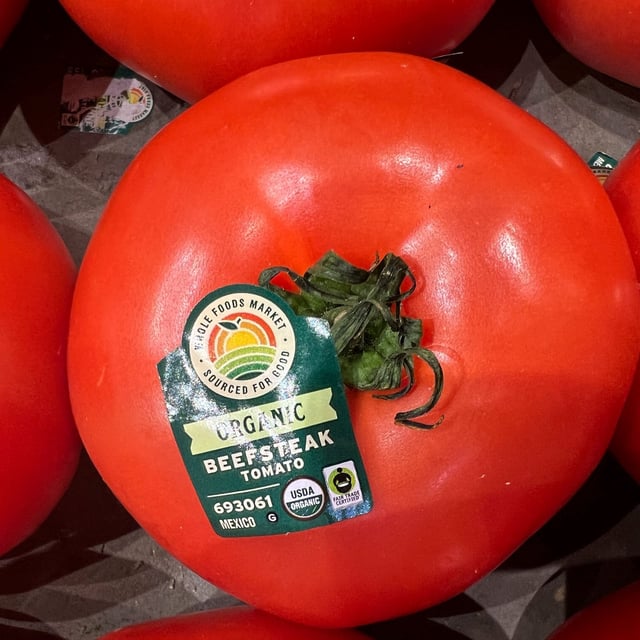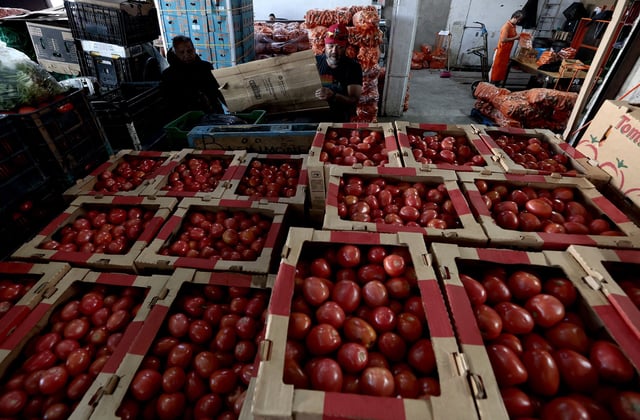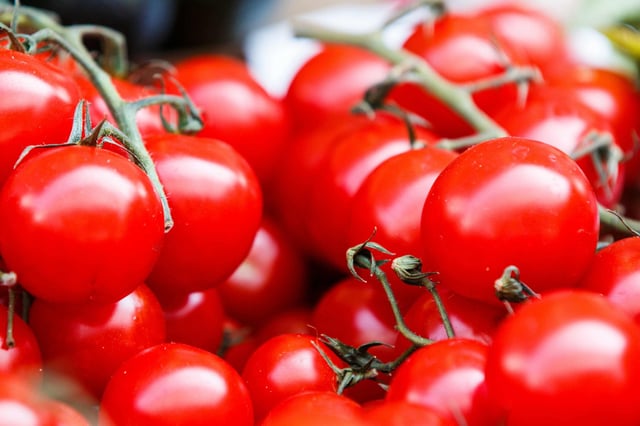Overview
- A 20.9% tariff on most Mexican tomato imports took effect Monday after the U.S. Department of Commerce terminated the Tomato Suspension Agreement for failing to protect domestic growers.
- Analysts at Arizona State University and the U.S. Department of Agriculture project consumer tomato prices rising by about 10% and demand falling by 5% in response to the duties.
- Domestic growers represented by the Florida Tomato Exchange praised the end of the pact to curb dumping, while Mexican farmers led by the Baja California Agricultural Council call the decision politically driven despite meeting audit and pricing requirements.
- Small restaurant operators warn that higher tomato costs could force menu price hikes or closures, prompting some businesses to shift to domestically sourced produce or absorb added expenses.
- Mexico has threatened counter-tariffs on U.S. pork and chicken, and a coalition of over 30 chambers of commerce and trade groups is pressing Washington to negotiate a new bilateral tomato agreement to ease supply-chain tensions.



